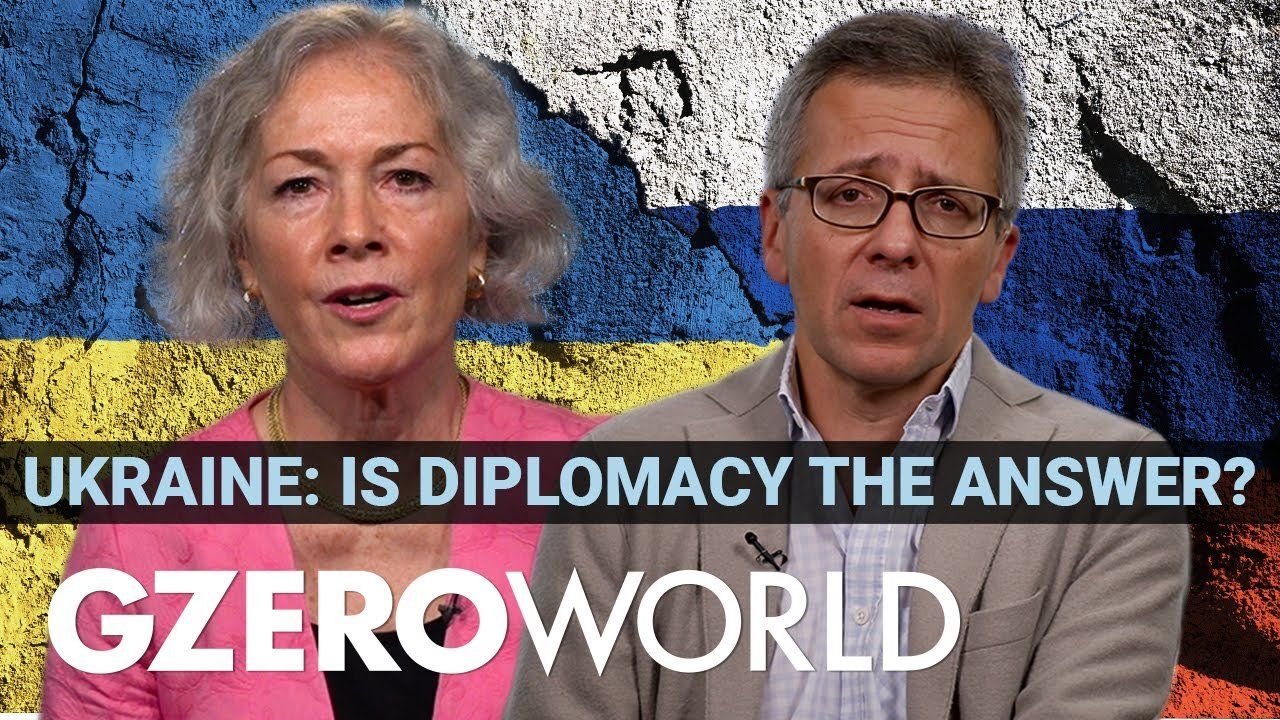
It sounds almost naive to ask the question, but here it goes: can diplomacy end the war in Ukraine?
No one expects Putin to start playing ball, but might there be a way out of a war where there appears to be no end to the bloodletting and combat? Marie Yovanovitch, former US Ambassador to Ukraine, believes diplomacy must continue until the last vestige of hope is gone. Still, she doesn't think we should treat Russia with kid gloves while holding Ukraine's feet to the fire.
We must avoid a situation, Yovanovitch says, "where there's an agreement where the international community keeps on looking at Ukraine to do its part, but, you know, too hard to make Russia do its part, and so we don't pressure the Russians."
Yovanovitch joins Ian Bremmer for a wide-ranging interview about the state of Ukraine's counteroffensive and the war at large in the latest episode of GZERO World.